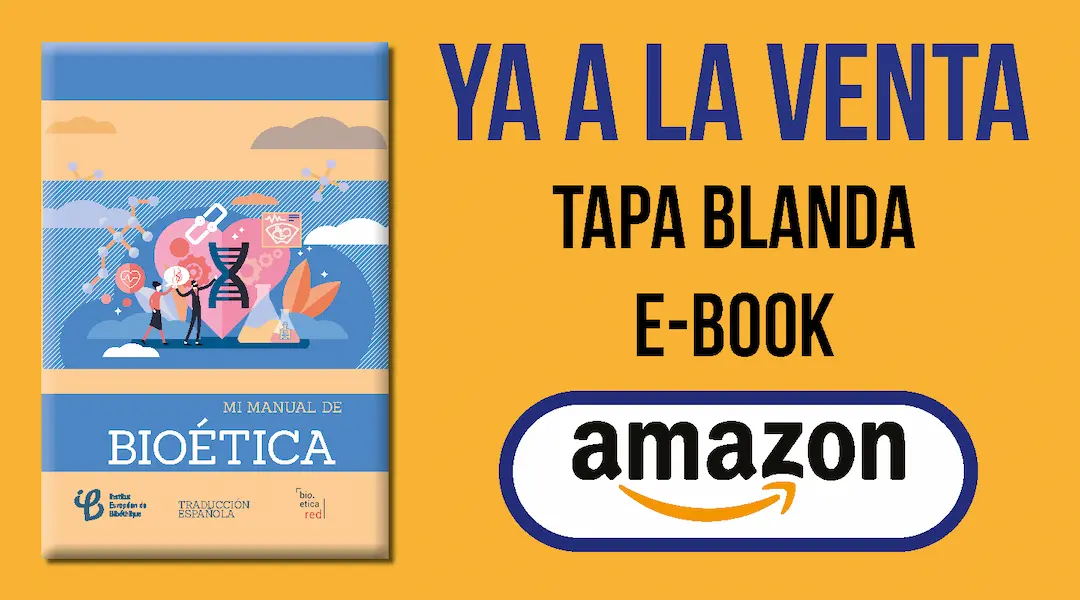Human Genome Organization Declaración del Comité Ético sobre patentamiento de secuencias de ADN Abril de 2000 – In Particular Response to the European Biotechnology Directive – Since the very beginning of its activities HUGO has been closely watching patenting developments in the area of genomics and has analysed its possible impact specifically on further …
Human Genome Organization
Declaración del Comité Ético sobre patentamiento de secuencias de ADN
Abril de 2000
– In Particular Response to the European Biotechnology Directive –
Since the very beginning of its activities HUGO has been closely watching patenting developments in the area of genomics and has analysed its possible impact specifically on further genome research. Notwithstanding its generally positive attitude toward patenting of useful benefits derived from genetic information, HUGO has repeatedly observed that Expressed Sequenced Tags (ESTs) constitute research tools and therefore opposed the patenting of short sequences from randomly isolated portions of genes and transcripts encoding proteins of uncertain functions. After the announcement of the US Patent and Trademark Office (US PTO) to grant patents on ESTs based on their utility as probes to identify specific DNA sequences, HUGO, in 1997, urged the US PTO and other offices with similar intention,
"to rescind these decisions and, pending this, to strictly limit their claims to specified uses, since it would be untenable to make all subsequent innovation in which EST sequences would be involved in one way or other dependent on such patents."*
Since the publication of the 1997 Statement important developments have taken place: On July 6, 1998 the European Union adopted the Directive 98/44/EC of the European Parliament and of the Council on the legal protection of biotechnological inventions (OJ No. L 213/13 of 30.7.98) and on October 6, 1998 the US PTO issued to Incyte Pharmaceuticals, Inc., the US Patent No. 5,817,479 for "Human Kinase Homologs", the first patent so far known to include ESTs. Apart from this, the discovery of the importance of Single Nucleotide Polymorphisms (SNPs) for diagnostics and the attempts aimed at their patenting, led to the establishment of the non-profit SNP (TSC) Consortium of industry and academia. Co-sponsored by the Wellcome Trust and ten pharmaceutical companies, the Consortium expects to find some 300.000 SNPs in two years and put them into a publically accessible archive.
It is the view of the Intellectual Property Rights Committee of HUGO that these new developments do not change its previous positions, which in fact have been fully endorsed and confirmed by the most recent statements at the highest political level by the British Prime Minister Tony Blair and the US President Bill Clinton and also at the highest scientific level, by Bruce Alberts, President of the US National Academy of Sciences, and Sir Aaron Klug, President of the Royal Society of London.
However, HUGO’s former statements require some comments and clarifications. In particular HUGO,
- emphasizes its basic understanding that DNA molecules and their sequences, be they full-length, genomic or cDNA, ESTs, SNPs or even whole genomes of pathogenic organisms, if of unknown function or utility, as a matter of policy, in principle, should be viewed as part of pre-competitive information. Therefore efforts such as the new Consortium of industry and academia to map all SNPs and put them into public domain, are welcomed. Such Consortia will greatly contribute to innovation and stimulate international standardized use of data, which will beneficially influence, inter alia, cooperation between industry and academia;
- underscores and reiterates its previous call to patent offices not to issue patents on ESTs without having found balanced solutions for the obvious problem of arising dependencies;
- expresses serious concerns about the negative impact on further progress of genomic research and successful exploitation of its results should broad claims of the so-called "having" and "comprising" type be issued for ESTs;
- welcomes, in general, the adoption of the European Biotechnology Directive, in view of the necessary and beneficial clarifications it contains on such issues as patentable subject matter, specific patentability requirements, scope of protection and ethical aspects of patenting in the area of human genomics;
- notes that the subject matter eligible for patent protection under the EU-Directive is consistent with HUGO’s previous statements, in particular that a mere DNA molecule and its sequence without indication of a function does not contain any technical information and cannot constitute an invention;
- stresses however the necessity that patent offices and courts, when examining the requirement of industrial application of the claimed DNA molecules and their sequences, to require an unambiguous indication and enabling disclosure of the function and to rigorously examine the indication of functions or the function disclosed;
- welcomes, in principle, the attempt of the EU-Directive to provide for a statutory relief of the dependency issue by declaring sequences as independent in patent law terms, when they overlap "only in parts which are not essential to the invention," provided that:
- maintains that SNPs, as a rule, cannot meet the requirement of inventiveness (non-obviousness);
- agrees, in principle, with the requirement of a free and informed consent of the donor, where a patent application is filed for an invention based on biological material of human origin or if it uses such material, but expresses concerns for the development of health care improvements in case national laws would require researchers and physicians to ask, over and above the required informed consent to the research planned, for specific consent for the filing of patent applications and the exploitation of research results based on such material;
- welcomes the clarification of the notion of ordre public or morality under which especially processes for cloning human beings, processes for modifying the germ line genetic identity of human beings and uses of human embryos for industrial or commercial purposes are declared unpatentable, under the reservation, however, that processes involving the culture and study of embryonic stem cells, genetically modified or not, and aimed at investigating a wide variety of diseases, aging, cancer and other health problems, are not affected by those exclusionary provisions;
- expresses concerns that reach-through patent claims and reach-through licenses, as partly accepted in the current practice, will not only seriously affect further research and development but could, eventually, discredit the entire patent system as an invaluable incentive to invent, innovate and invest in new technologies.
i) the notion "are not essential to the invention" is to be interpreted in the light of the function unambiguously disclosed by the respective applicant (patentee) and not on the basis of its objective (natural), not disclosed, importance as such, and
ii) that claims of the broad "having" and "comprising" type, which cover not only the disclosed DNA sequence and its use but also products "having" or "comprising" that sequence, will be allowed only exceptionally when the information disclosed for the overlapping part is sufficiently enabling to the claimed invention;
Members of HUGO’s Intellectual Property Rights Committee:
Prof. David R. Cox Dr. Peter N. Goodfellow Dr. Tim J.R. Harris Prof. Eric Lander Dr. Kate H. Murashige Prof. Richard M. Myers Dr. Hatsushi Shimizu Prof. Joseph Straus (Chair) Maître Jacques Warcoin
In the preparation of this statement also the following HUGO Members participated:
Prof. Charles Auffray Prof. Jan-Jacques Cassiman Prof. Ulf Landegren Prof. Gert-Jan van Ommen (HUGO President 1998-99) Dr. Sandy Thomas











